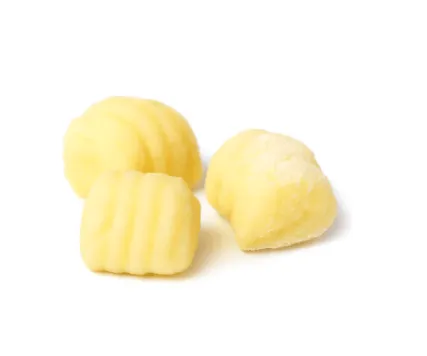 Conjunctions
Conjunctions
Lesson thirty-four

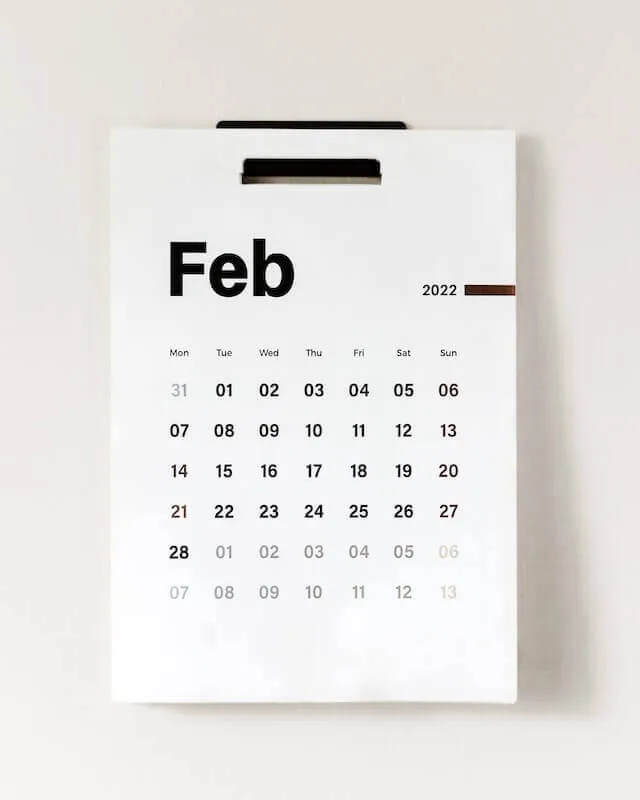
Lesson thirty-three
Being able to talk about dates is an essential part of communication in any language. Whether you’re making plans, talking about birthdays, referring to historical events, or simply stating today’s date, knowing how to express dates in Italian will make you sound fluent and confident. The good news is that the structure of dates in Italian is quite similar to English, but with some key differences in vocabulary and grammar that are worth mastering.
If you want to ask someone what the date is in Italian, there are two common and natural ways to phrase the question:
Che giorno è oggi?
What day is it today?
Here, giorno means day, so this literally asks Which day is today?
Che data è oggi?
What date is it today?
In this case, data means date, which is more general and commonly used when referring to calendar dates.
Both questions are correct and widely used, so you can choose either depending on the context. Che giorno è oggi? is slightly more informal, while Che data è oggi? is straightforward and neutral.
When answering questions about the date in Italian, there is a standard structure that is easy to follow:
First, say the day using the article il. Then, say the month. Finally, state the year if needed. Here are some examples:
Oggi è il tredici luglio duemilaventi.
Today is the 13th of July, 2020.
Ieri era il dieci agosto.
Yesterday was the 10th of August.
Il mio compleanno è il ventiquattro gennaio.
My birthday is on the 24th of January.
Natale è il venticinque dicembre.
Christmas is on the 25th of December.
Notice that the article il is used before the day of the month. This is standard in Italian, and it helps indicate that you are specifying a particular date.
In Italian, ordinal numbers are generally used when expressing dates. For example, primo (first), secondo (second), terzo (third), and so on. The only exception is the number one, where primo is always used instead of uno.
Here are a few examples of ordinal numbers in dates:
Il primo maggio
The first of May
Il due maggio
The second of May
Il tre maggio
The third of May
Remember that il is used before all numbers because dates are considered masculine in Italian.
If you want to include the day of the week, you place it before the number without the article il. This is similar to saying Monday, the 13th of July in English.
Oggi è lunedì tredici luglio duemilaventi.
Today is Monday, the 13th of July, 2020.
Domani sera martedì ventidue agosto.
Tomorrow evening is Tuesday, the 22nd of August.
Here are the names of the days of the week and months in Italian to help you become familiar with them:
Days of the Week:
| Italian | English |
|---|---|
| Lunedì | Monday |
| Martedì | Tuesday |
| Mercoledì | Wednesday |
| Giovedì | Thursday |
| Venerdì | Friday |
| Sabato | Saturday |
| Domenica | Sunday |
Months of the Year:
| Italian | English |
|---|---|
| Gennaio | January |
| Febbraio | February |
| Marzo | March |
| Aprile | April |
| Maggio | May |
| Giugno | June |
| Luglio | July |
| Agosto | August |
| Settembre | September |
| Ottobre | October |
| Novembre | November |
| Dicembre | December |
When expressing years in Italian, you simply read them as numbers. There’s no special word for year unless you’re specifying it in a sentence. For example:
1965 Mille novecento sessantacinque
Nineteen sixty-five
1876 Mille ottocento settantasei
Eighteen seventy-six
2022 Duemila ventidue
Two thousand twenty-two
When giving your birthdate or stating the year of an event, the format is the same as before: day, month, and year. You can also use il before the day and month:
Mio padre è nato il venti ottobre mille novecento ottanta.
My father was born on the 20th of October, 1980.
Il duemilaventi è stato un anno difficile.
2020 was a difficult year.
In Italian, the preposition used with years is in. When combined with the article il, it becomes nel. This is very common when talking about when someone was born, graduated, or an event occurred:
Sono nato nel mille novecento novantadue.
I was born in 1992.
Mi sono laureata nel duemiladue.
I graduated in 2002.
Mi sono sposata nel mille novecento novantasei.
I got married in 1996.
Centuries in Italian can be expressed in two main ways. The first is by using the ordinal number followed by the word secolo (which means century). For example, Il diciannovesimo secolo translates to the 19th century. The second way is by using the name of the century itself, such as L’ottocento, which refers to the 1800s.
When talking about centuries, you always use the article il because secolo is a masculine noun. Additionally, when indicating a time period in a sentence, you use the preposition in, just like you would with years.
Nell'ottocento non c'era l'elettricità.
In the 19th century, there was no electricity.
To talk about decades, you can use gli anni (the years) followed by the name of the decade:
Gli anni novanta
The 90s
Gli anni sessanta
The 60s
Gli anni ottanta
The 80s
Ho trascorso la mia infanzia negli anni novanta.
I spent my childhood in the 90s.
Questa canzone è degli anni sessanta.
This song is from the 60s.
Here are some key terms related to time periods that are useful when discussing dates, decades, or centuries:
Decennio
Decade
Lavoro in quest'impresa da un decennio.
I have been working in this company for a decade.
Secolo
Century
Un secolo dura cento anni.
A century lasts a hundred years.
Mi sembra che sia passato un secolo dall’ultima volta che ci siamo visti.
It feels like a century has passed since the last time we saw each other.
Expressing dates in Italian involves understanding a few key rules:
With practice, you’ll be able to discuss past, present, and future dates in Italian with confidence and fluency.
 Conjunctions
Conjunctions
Lesson thirty-four
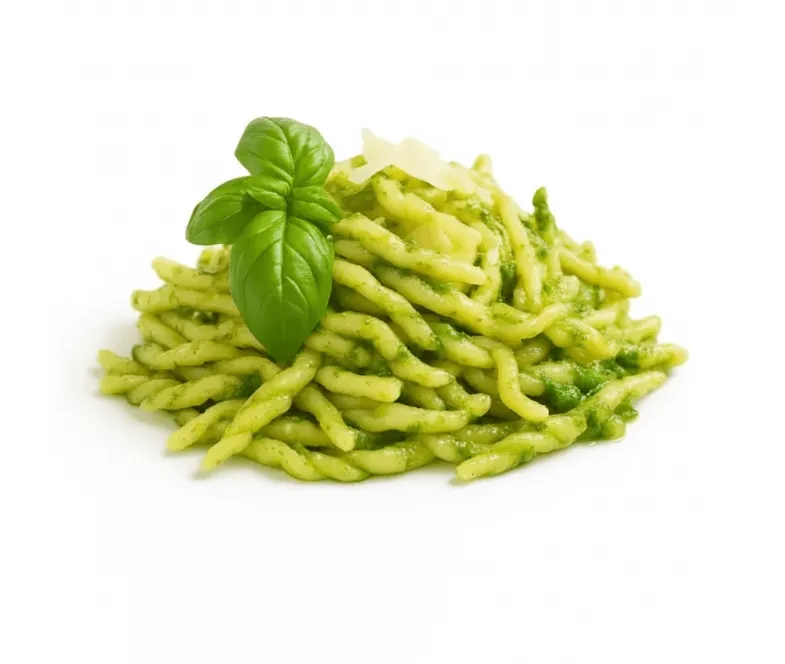 Adverbs
Adverbs
Lesson thirty-five
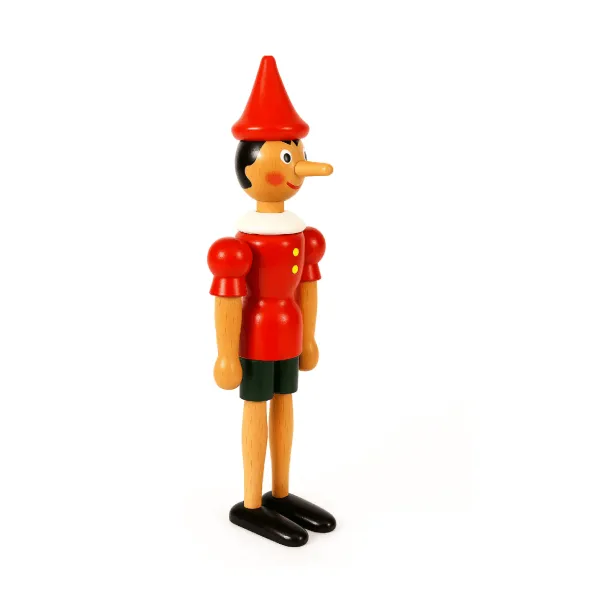 Future tense
Future tense
Lesson thirty-six
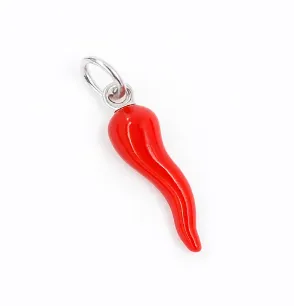 Imperative
Imperative
Lesson thirty-seven
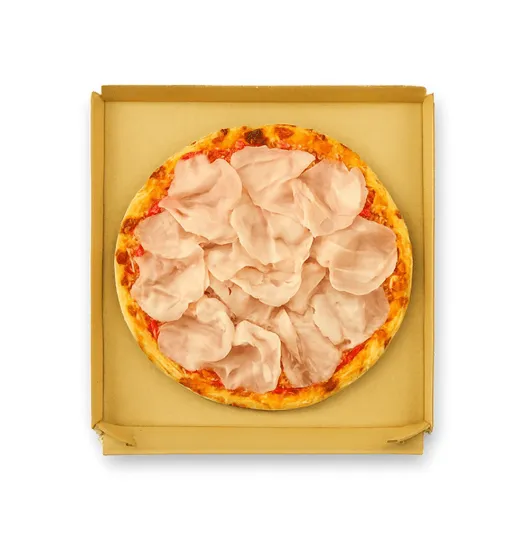 Conditional
Conditional
Lesson thirty-eight
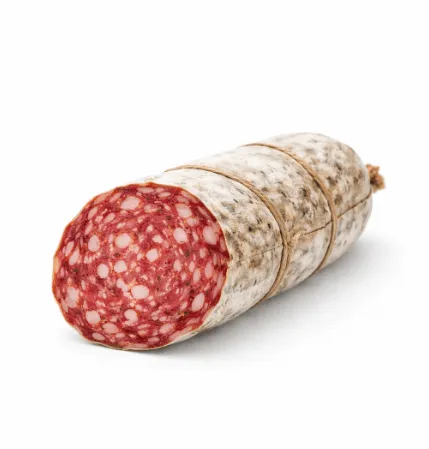 Indefinites
Indefinites
Lesson thirty-nine